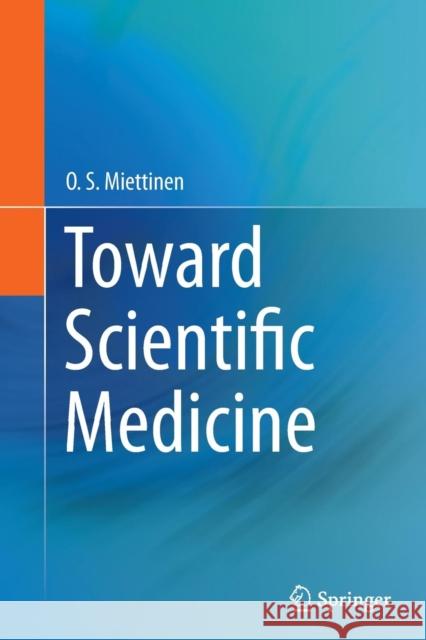Toward Scientific Medicine » książka
Toward Scientific Medicine
ISBN-13: 9783319346335 / Angielski / Miękka / 2016 / 183 str.
Toward Scientific Medicine
ISBN-13: 9783319346335 / Angielski / Miękka / 2016 / 183 str.
(netto: 183,56 VAT: 5%)
Najniższa cena z 30 dni: 191,40 zł
ok. 20 dni roboczych.
Darmowa dostawa!
Scientific medicine in Miettinen's conception of it is very different from the two ideas about it that come to eminence in the 20th century. To him, medicine is scientific to the extent that it has a rational theoretical framework and a knowledge-base from medical science. He delineates the nature of that theoretical framework and of the research to develop the requisite knowledge for application in such a framework. The knowledge ultimately needed is about diagnostic, etiognostic, and prognostic probabilities, and it necessarily is to be codified in the form of probability functions, embedded in practice-guiding expert systems. In these terms, today's medicine still is mostly pre-scientific, and major innovations are needed within and around medicine for healthcare to get to be in tune with reasonable expectations about it in this Information Age. Thus, while the leading cause of litigation for medical malpractice in the U.S. is failure to expeditiously and correctly diagnose the probability of myocardial infarction in a hospital's emergency room, this book shows that a typical modern textbook of cardiology, just as one of medicine at large, imparts no knowledge about the diagnostic probabilities needed in this, and that the prevailing type of diagnostic research will not produce the requisite knowledge. If the diagnostic pursuits in an ER would be guided by an emergency-room diagnostic expert system, this would guarantee expert diagnoses by all ER doctors. Academic leaders of medicine and medical researchers concerned to advance the knowledge-base of medicine will find a wealth of stimulus for thinking about the deficiencies of the prevailing knowledge culture in and surrounding medicine, and about the directions of the needed progress toward genuinely scientific medicine.











